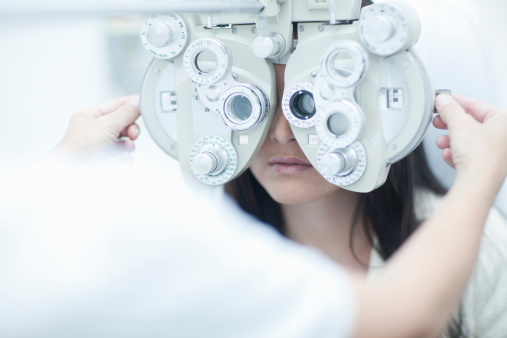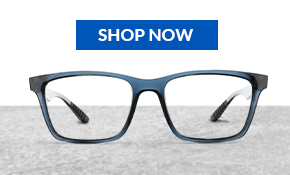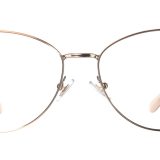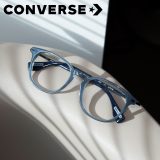Night Vision: Do You Need Eyeglasses
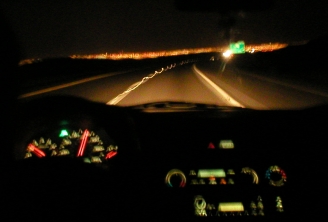 I recently walked out of a party, late in the evening, with a friend. Before she hopped in her car she pulled out a stylish pair of designer glasses that immediately got my attention. I asked about the fashion frame she had on. I had never seen her wear glasses before, and she confessed they were the glasses she wore to drive at night.
I recently walked out of a party, late in the evening, with a friend. Before she hopped in her car she pulled out a stylish pair of designer glasses that immediately got my attention. I asked about the fashion frame she had on. I had never seen her wear glasses before, and she confessed they were the glasses she wore to drive at night.
I didn’t even know such a thing existed! Or, that people (under the age of 40) may need glasses just for driving at night. But, my friend explained that she had had Lasik surgery a few years earlier but still needed to wear some corrective lenses in order to see well after dark.
How Common is it to Need Glasses at Night?
Apparently, needing glasses to drive at night isn’t really all that rare at all. Many people with fine daytime vision can struggle to see signs, lines on the highway, or streetlights after dark. As anyone who needs glasses knows, the absence of light certainly makes seeing harder, not easier.
Sometimes, in fact, noticing that you are struggling to see at night is just one of the first signs that you may be in need of some vision correction. Many people may find they need corrective lenses just for night driving, just as some would only need corrective lenses for reading.
If it is the headlight glare, specifically, that’s bothering you, please make an appointment with your optometrist at America’s Best right away. In some cases, issues with glare and reflections could be an early sign of cataracts or another medical issue.
And, watch out for so-called “night driving glasses” that you may be able to purchase at a drug store without a prescription. These glasses have a yellow or amber tint to them and are advertised as reducing glare. But, the Federal Trade Commission and most optometric professionals agree that these tints actually impair your vision more after dark, rather than making it better.
However, there is one coating you do want on your lenses. Ask your optometrist about putting a good anti-reflective (A/R) coating if you do a lot of driving after dark. This clear coating can help minimize the glare and halo effect that you get from staring into oncoming headlights.
There are a few other things you can do to help your night vision too, and they are pretty simple. Be sure both your windshield and your glasses are clean, and your headlights too. If you’ve ruled out your own vision as a problem, try these options to see if they make a difference in your visibility after-dark.




